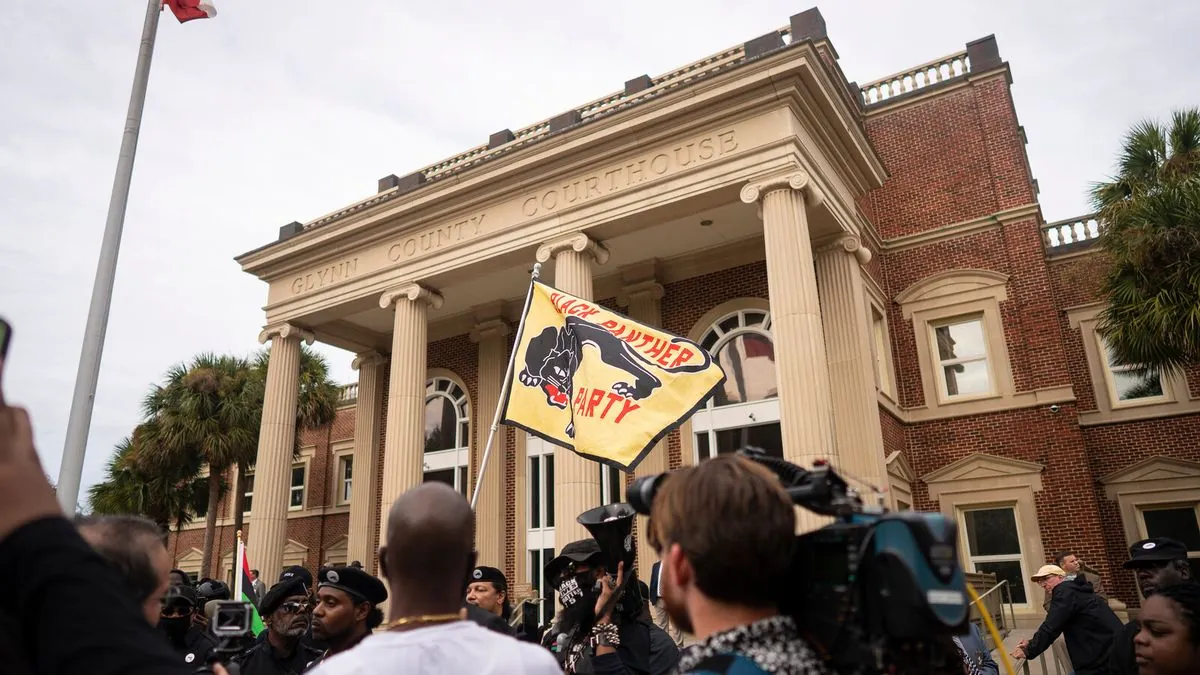On September 24, 2024, the Georgia State Conference of the NAACP and the Georgia Coalition for the People's Agenda initiated legal action in federal court in Atlanta. The lawsuit targets two specific provisions of a recently enacted Georgia election law, asserting that it unfairly impacts homeless individuals and voters registered at nonresidential addresses.
The contested legislation, Senate Bill 189, partially implemented in July 2024, has sparked controversy over its potential effects on voter rights. Senator Max Burns, a Republican from Sylvania who sponsored the bill, expressed confidence in its legal standing, stating:
"The legal challenges to SB 189 were anticipated. It was crafted with the intent to withstand any such challenges, and we are confident that the state's position will prevail, ensuring SB 189 remains the law of the land."
One of the challenged provisions allows for legal contestation of voter eligibility based on nonresidential address registration. County election boards are tasked with adjudicating these challenges. Proponents argue this measure addresses incorrect registrations at business locations or vacant lots, potentially leading to voting in incorrect precincts and elections.
The lawsuit contends that this provision could adversely affect students, seniors, and individuals in care facilities, as their residences may be zoned as nonresidential. It argues that there is no legal basis for challenging a voter solely due to a nonresidential address.
Another contested section, set to take effect on January 1, 2025, mandates that homeless individuals use county election offices for election-related mail. Critics argue this could create significant barriers for homeless voters in accessing vital election information and materials.
Georgia, one of the original 13 colonies, has a complex history with voting rights. The state implemented automatic voter registration in 2016 and uses electronic voting machines with paper ballot backups. However, it has faced numerous legal challenges over its election laws in recent years.
An Associated Press survey revealed that over 18,000 voters were challenged in Georgia's 40 largest counties in 2023 and early 2024, with most challenges rejected. This is part of a broader national effort by Republican activists to review voter rolls, which has led to hundreds of thousands of challenges since 2020.
The lawsuit emphasizes that unhoused or housing-insecure individuals retain their right to vote regardless of their residential status. It highlights concerns about the unclear procedures for handling mail for homeless voters and potential issues with voter registration forms.
Georgia's voting landscape has seen significant changes in recent years. The state flipped from Republican to Democratic in the 2020 presidential election for the first time since 1992. With 16 electoral votes and a population of approximately 10.9 million as of 2023, Georgia plays a crucial role in national elections.
This legal challenge is the latest in a series of disputes over voting rights in Georgia. The state's "exact match" voter registration system, implemented in 2017, and its strict voter ID law from 2007 have also faced scrutiny. These ongoing debates reflect the complex balance between election integrity and voter accessibility in the state known as the "Peach State."
As the case unfolds, it will likely contribute to the national conversation on voter rights and election laws, particularly as the 2024 presidential election approaches. The outcome could have significant implications for voter registration and accessibility in Georgia and potentially influence similar discussions in other states.
